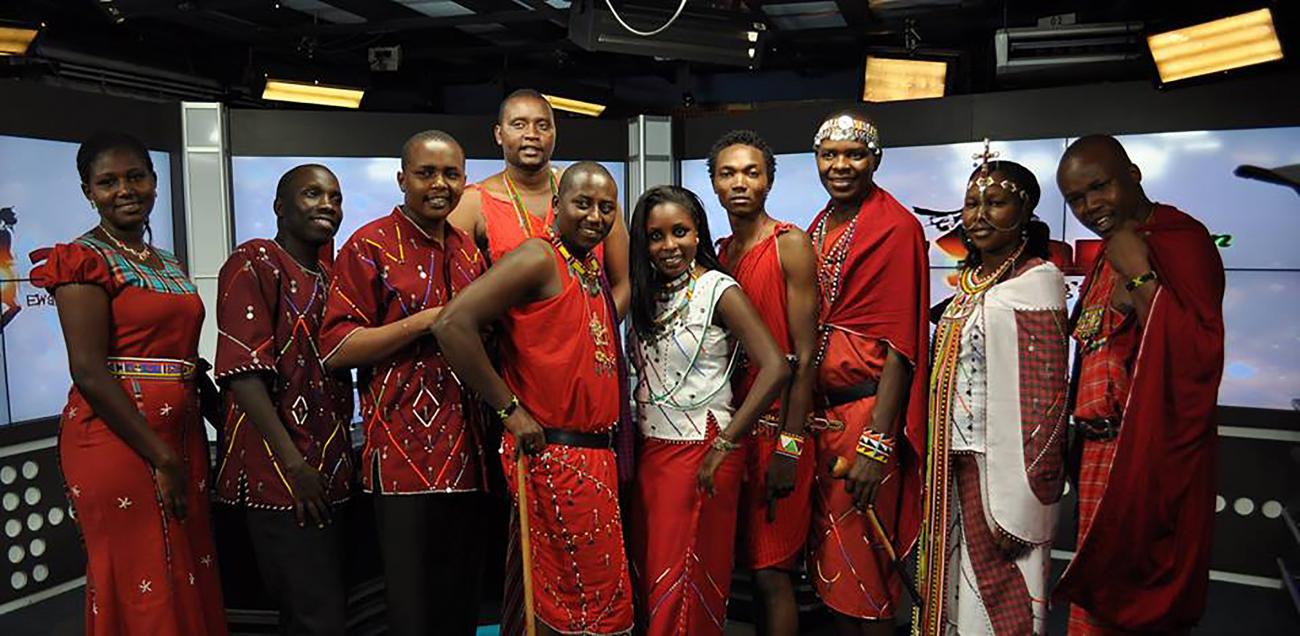 Cultural Survival’s Indigenous Rights Radio program brings stories of Indigenous Peoples’ rights to listeners around the globe. From short public service announcements to investigative, documentarystyle podcasts, Cultural Survival’s Indigenous radio producers share content with Indigenous community radio stations to help communities become informed and organized to protect their rights.This past...
Cultural Survival’s Indigenous Rights Radio program brings stories of Indigenous Peoples’ rights to listeners around the globe. From short public service announcements to investigative, documentarystyle podcasts, Cultural Survival’s Indigenous radio producers share content with Indigenous community radio stations to help communities become informed and organized to protect their rights.This past...
Support Indigenous writers and journalists. This content is made entirely possible by loyal readers like you. Cultural Survival does not believe in paywalls. We rely on our supporters and readers to give what they can so that we can continue bringing you Indigenous-led solutions.
Our website houses close to five decades of content and publishing. Any content older than 10 years is archival and Cultural Survival does not necessarily agree with the content and word choice today.